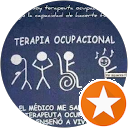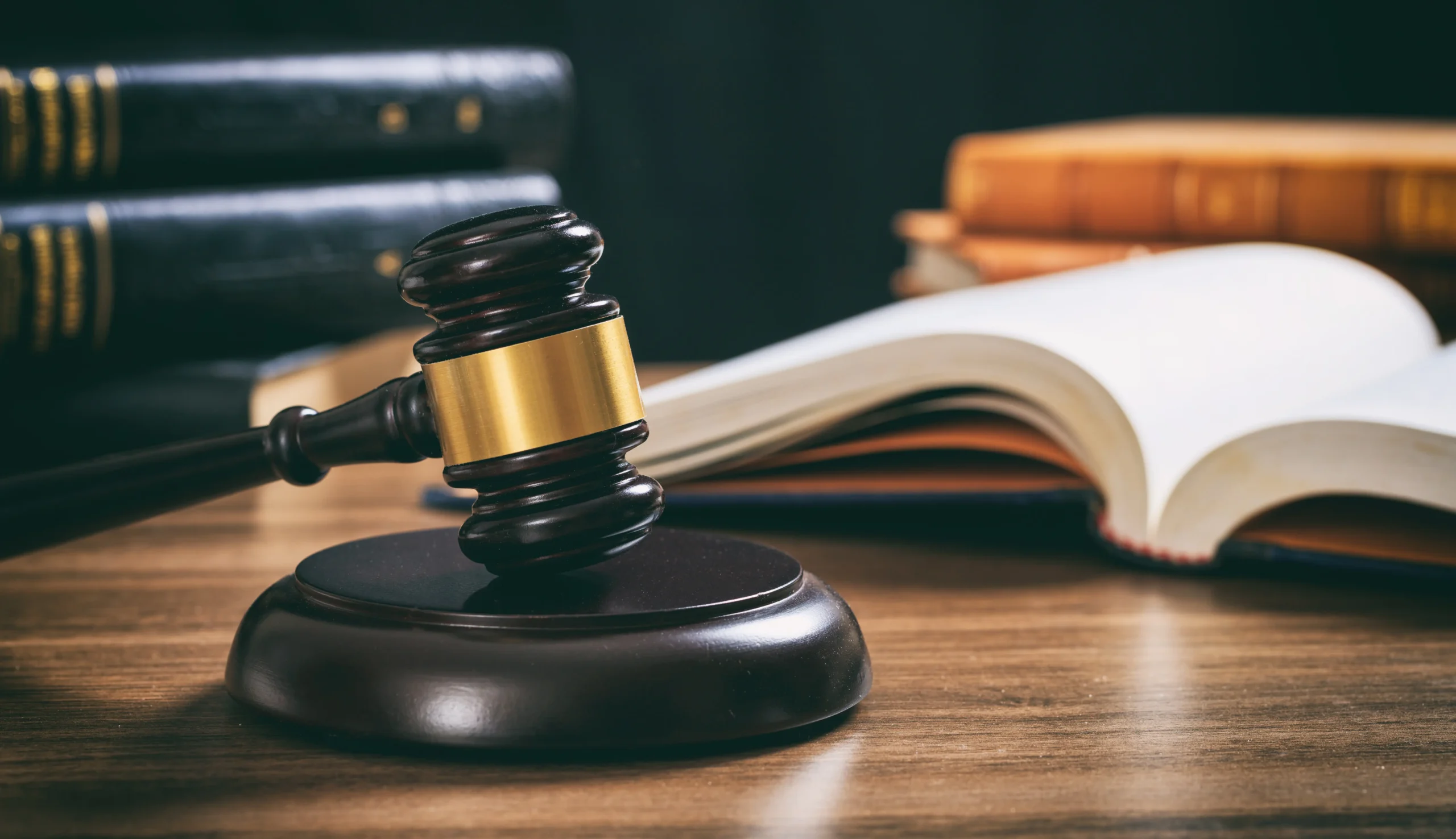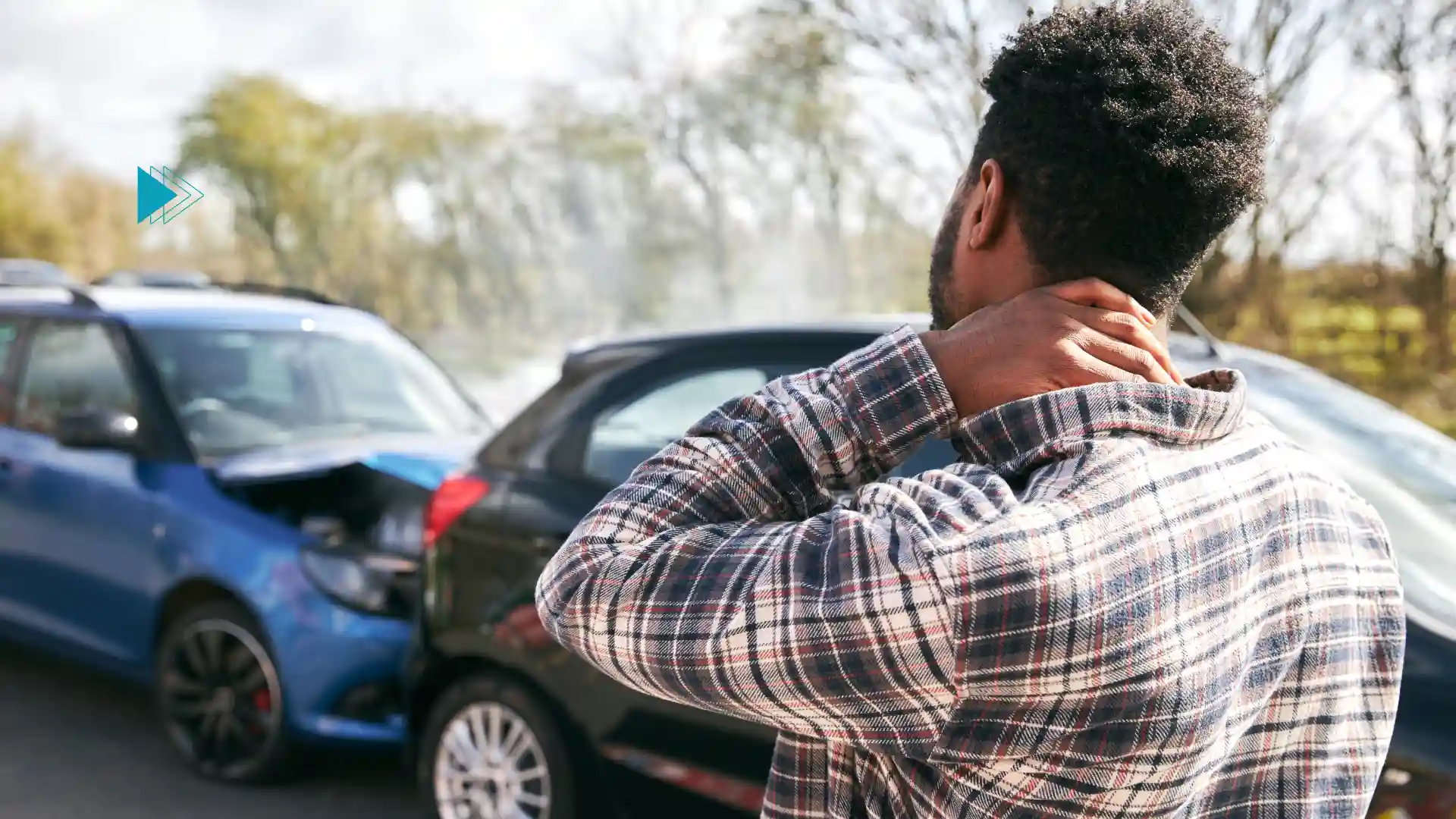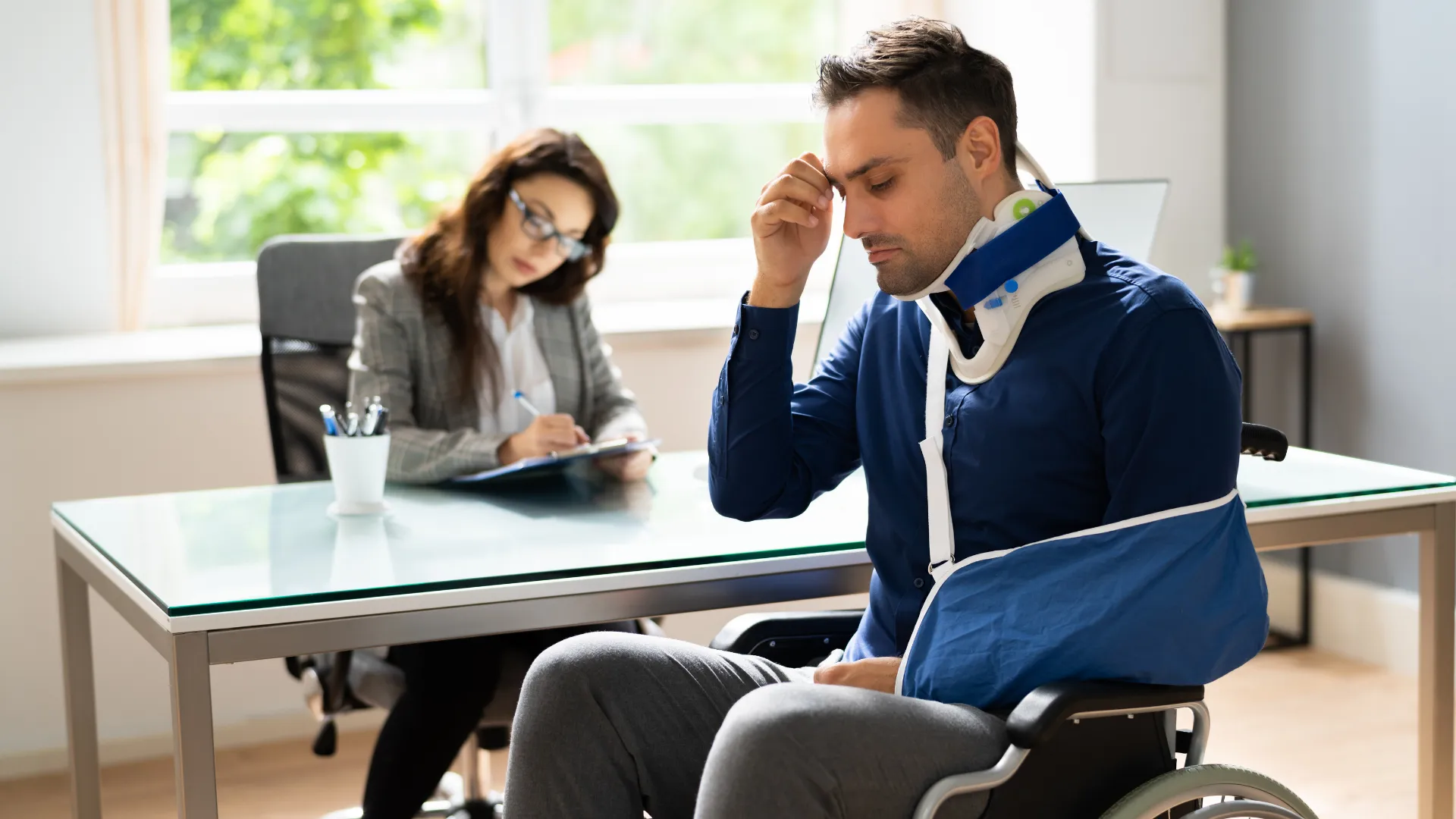A Brooklyn jury awarded Mr. Vargas $17.5 million for the City of New York’s violation of his civil rights for failing to provide him medical care while in custody. The jury found that the police officers involved failed to provide the necessary medical treatment and awarded $17.5 million to Mr. Vargas.
Recommended Articles
Categories
- Accidents
- After an Accident
- Compensation
- Firm News
- Insurance Claims
- Lawsuits
- New York Car Accident Resources
- New York Medical Malpractice Resources
- New York Motorcycle Accident Resources
- New York Nursing Home Injury & Abuse Resources
- New York Truck Accident Resources
- Personal Injury
- Workplace Injury
Practice Areas
Get A Free Case Evaluation
Pros and Cons of Going to Trial
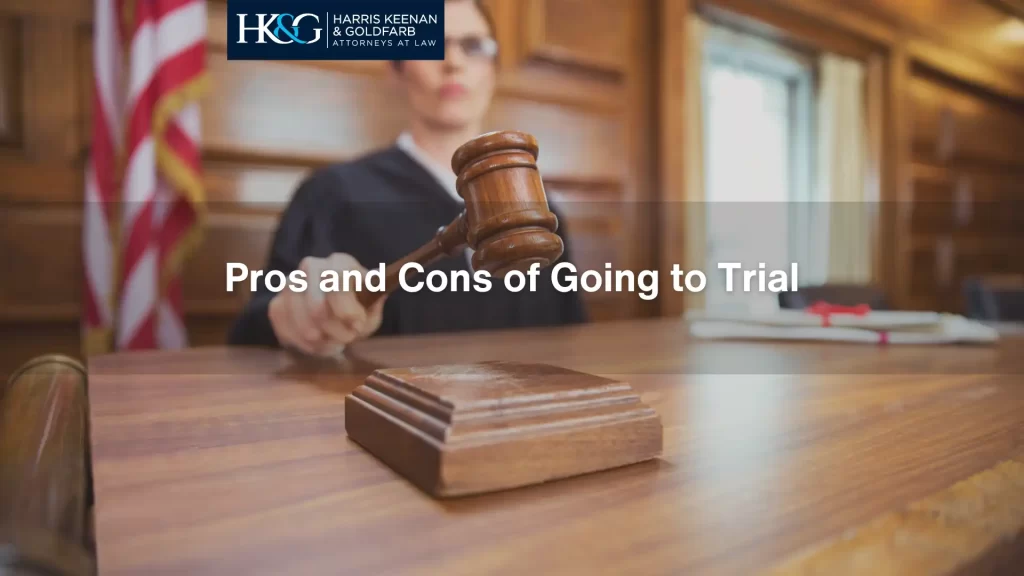
In New York personal injury cases, plaintiffs often wonder whether to accept an out-of-court settlement or push forward to a potentially unpredictable trial. This is a pivotal choice, and it’s not a decision to make lightly.
The New York personal injury lawyers at Harris Keenan & Goldfarb have guided countless clients through this critical decision. The right choice often depends on the specifics of a case, and we have extensive experience with both jury trials and out-of-court settlements.
Advantages of Taking a Personal Injury Case to Trial
While you never want to take a personal injury case to trial without first consulting your attorney, trials offer many advantages and potential benefits to injured parties. These include:
- More Compensation: One of the primary reasons plaintiffs choose to go to trial is the potential for more compensation. Settlements often involve compromises, but a favorable trial verdict can lead to larger compensation awards, especially if the plaintiff has a strong case.
- Public Accountability: Taking a case to trial brings public attention to the responsible party’s harmful actions. This exposure can motivate companies or individuals to be more careful in the future, possibly preventing future harm to others.
- Setting Legal Precedents: Winning a trial can set a legal precedent, potentially influencing future cases and decisions. This can be particularly advantageous for cases that challenge existing norms or practices in the legal system.
- Validation and Emotional Closure: For many injured people, having their day in court provides a platform to voice their grievances and share their story. A public trial can provide emotional closure by acknowledging their pain and suffering.
- Thorough Examination of Evidence: The trial process ensures that all evidence is thoroughly examined and scrutinized. This can be beneficial for complex cases where the injured party has lots of evidence that strongly supports their claims.
- Impartial Decision: A jury is composed of a group of people who are impartial to the case’s outcome. Their verdict is based solely on the presented evidence and legal arguments, which results in a fair decision-making process.
- Motivating Reluctant Insurers or At-Fault Parties: Sometimes, the mere possibility of a trial can pressure responsible parties to offer a fairer settlement, especially if they are keen on avoiding the publicity and expense of a court battle.
Downsides of Taking a Personal Injury Case to Trial
 Taking a personal injury case to trial certainly offers some benefits, but it’s also essential to consider the potential downsides, such as:
Taking a personal injury case to trial certainly offers some benefits, but it’s also essential to consider the potential downsides, such as:
- Uncertainty of Outcome: Unlike in a settlement, where both parties have some control over the agreement, the outcome of a trial is unpredictable. Even with a strong case, there’s no guarantee of a favorable verdict.
- Time-Consuming: Trials can be lengthy affairs, often stretching out for months or even years. This prolongs the case’s resolution, delaying potential compensation and drawing out emotional strain.
- Financial Costs: Going to trial is typically more expensive than settling a claim. In addition to attorney’s fees, there are costs associated with expert witnesses, court fees, and other trial-related expenses. If the case is lost, the injured party might also be responsible for some of the other side’s legal fees.
- Emotional Toll: Trials can be emotionally draining, particularly for the person who is pursuing compensation. They may need to revisit traumatic events repeatedly, face cross-examinations, and deal with the stress of public exposure.
- Public Exposure: Unlike settlements, which are typically confidential, trials are public. This can mean personal details and potentially embarrassing or private information being aired in open court.
- Risk of No Compensation: If the verdict goes against the accident victim, there’s a risk that they’ll receive no compensation at all.
- Potential for Appeals: Even if the injured party wins the trial, the other side might choose to appeal the decision, leading to additional legal proceedings, costs, and delays in receiving compensation.
- Limited Opportunities for Reconciliation: Trials can polarize parties further. In contrast, settlements often allow for more amicable resolutions, preserving relationships and potentially leading to more cooperative outcomes.
Always Ask Your Lawyer Before Taking Your Case to Trial
If you are thinking about taking your personal injury case to trial, talk to your lawyer first. Their experience, knowledge, and familiarity with similar cases are essential to making an informed decision. Without an attorney’s guidance, you might hurt your case or lose your chance to recover the money you need.
Whether you take your case to trial or not, the New York personal injury attorneys at Harris Keenan & Goldfarb can protect your rights at every step. We have recovered more than half a billion dollars in verdicts and settlements, demonstrating our skill and tenacity. Call (800) 724-6529 today or complete our contact form for a free case review.
Over $500 Million in Verdicts and Settlements
Our track record showcases over $500 million won for our clients. Each victory underlines our commitment to justice and client care. Explore our impact, case by case.
What Our Clients Say About Us

Thank you so much for recovering my injury case from 9 years ago that was dead in the water since the company went bankrupt and there was nothing else to do. Miraculously, you resurrected my case and was able to get a settlement which completed for me the horrific accident and the suffering I endured because of it. HK&G makes miracles happen by getting the job done and seeing that justice is served. Thank you so much.
Susan C.
Jason Steinberg is a great lawyer Donna and Terry were always very professional and kind I will always highly suggest this law firm and team to anyone out their. Thank you again to everyone at this incredible Firm!!!
They got me Justice, and achieved a substantial outcome for my case.
I am very impressed, and thankful for their outstanding performance on my behalf.
I am very pleased, and significantly satisfied with their representation.
‐-
Sherylon Wilkins
6 years ago I had a slip and fall accident at my employers place of business. I reached out to them because I knew that I was being wrongfully treated. They took care of the case, restored my self confidence, and brought so much peace to my problem riddled life.
I can recommend without a shadow of a doubt the services of Harris, Keenan & Goldfarb to anyone who is in need of someone who will have your back!
Frequently Asked Questions
Common questions that prospective clients have about personal injury claims include:
Do I need an attorney?
When you have suffered an injury, it can be difficult to know what to do next. If the injury was caused by someone else’s negligence, you may be entitled to compensation. However, filing a personal injury claim can be a complex and time-consuming process. An experienced attorney can help you navigate the legal system and fight for the maximum possible compensation.
How do I know I have a case?
When should I contact an attorney?
How do I determine which one to choose?
Once I hire an attorney, what should I expect?
Recent News
Find out how to move forward after an unexpected event with our short, helpful articles. We share simple advice that can make a big difference in tough times.
Contact Us
Monday - Friday: 9am - 6pm





























